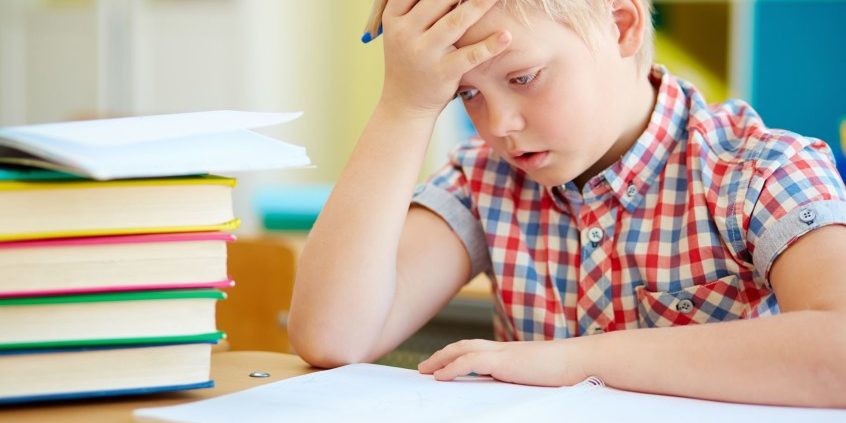Numbers of Kids Homeschooled in Australia
There are ten thousand students that are registered for homeschooling nationally. However, it’s estimated that there are around another ten thousand students that aren’t registered that are doing homeschooling. If registration was made easier for parents, then this number would not be as high, along with having more data available to find out how homeschooling students perform. The number of children that are homeschooled is growing and some experts say that the numbers have doubled in the last several years.
Who Homeschools?
Homeschooling students usually belong to three main groups of families.
The first group have philosophical or ideological differences with the school curriculum.
The second group homeschool as they are remotely located with no school facilities nearby.
The third group decide on homeschooling because of having children with learning or developmental difficulties such as dyslexia, autism, ADHD and/or problems with bullying.
These parents decide that schooling their children at home provides a more beneficial environment for their child to learn. The schools their children have been enrolled in have been unable or unwilling to meet their needs. It allows for a greater focus on the individual needs of the child and caters for their individual learning style through greater flexibility. The program and lessons can be structured around the individual needs of the child through one-on-one learning, with learning engagement performing a central role in making these lessons more interesting and engaging.
Arguments against Homeschooling
Socialisation
The arguments against home schooling are that it hampers socialisation in removing children from the traditional classroom and having less time around their peers. This is where opportunities need to be created for homeschooling students. They need to have enough avenues to interact and mix with children of their own age group. For example, depending on their interests, they could join groups outside of school hours that provide opportunities for such interactions to occur or have more organised play dates.
Qualifications
Another argument against home schooling centres around whether they are being taught by someone who is qualified to teach? Distance education through online schooling is a way around this, but may not meet the individual learning needs of the student. Other parents buy programs centred around the Australian Curriculum, while some may have a registered teacher in their family. Another option is to seek out a teaching specialist like myself who is attuned and aware of their needs and can provide quality homeschool teaching, in a safe, caring and supportive environment.
Academic Achievements
Another concern for parents of homeschooled children or those that are considering it, is whether their child will achieve the same level of academic achievement as those in the standard classroom? US research shows that children of parents who chose home schooling outperformed mainstream students. We have seen similar figures here with NAPLAN testing.
However, only a small minority of homeschooling students perform national tests and these could be students who are more confident and geared toward standardised testing, thereby skewing the results. Therefore, more data needs to be collected, along with analysing the success of homeschooled students in higher education.
School and Homeschooling
An additional consideration is that it doesn’t have to be one or the other. Some students may benefit from a few years of homeschooling as they receive specialist education from a homeschool tutor by using a learning style that suits and engages them. They may also need time to overcome any aversion to learning they may have, along with building their confidence in gaining skills that might have been missed in earlier years.
As students progress through the early school years, they begin to become more aware of differences and may start labelling themselves as ‘dumb’ or ‘stupid’ as they fall further and further behind. This is where learning engagement is crucial in arresting these beliefs and gaining confidence in a safe and supported homeschooling environment. After a period of time, the student may find that they are ready and equipped with the tools to re-enter mainstream schooling. As you can see, it doesn’t always have to one or the other.

Justin Clark, Private Brisbane Tutor
Justin Clark is a qualified and experienced Queensland teacher who has chosen to work as a private Brisbane tutor, he is ideally qualified and experienced to help homeschooled children, children with Aspergers, Dyslexia and other learning difficulties as well.


